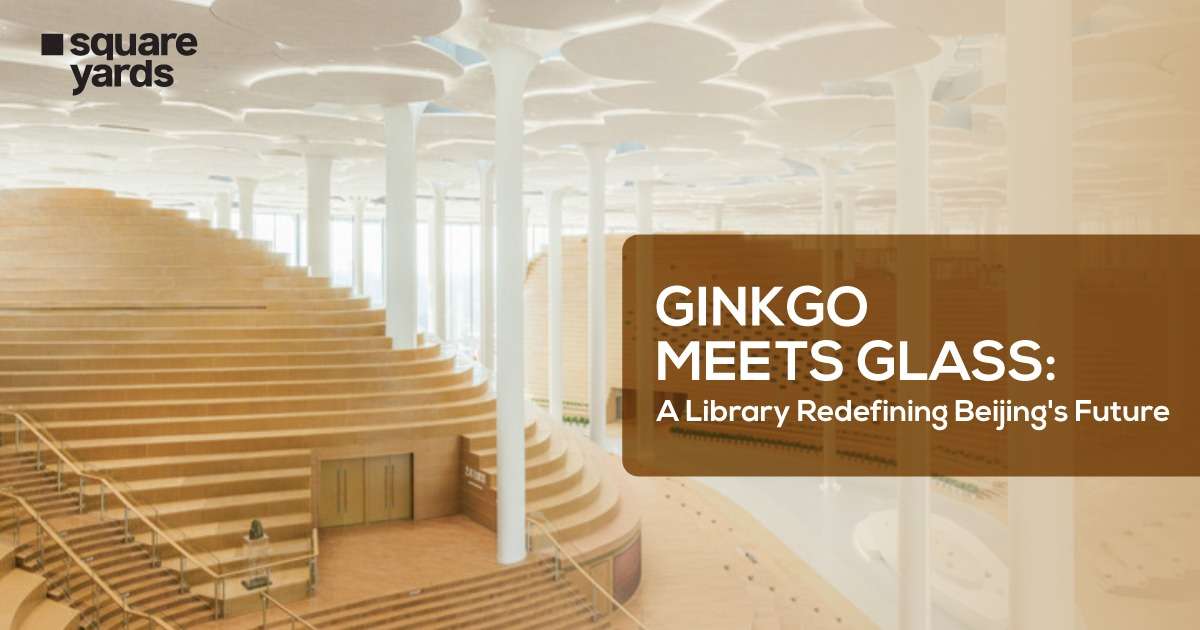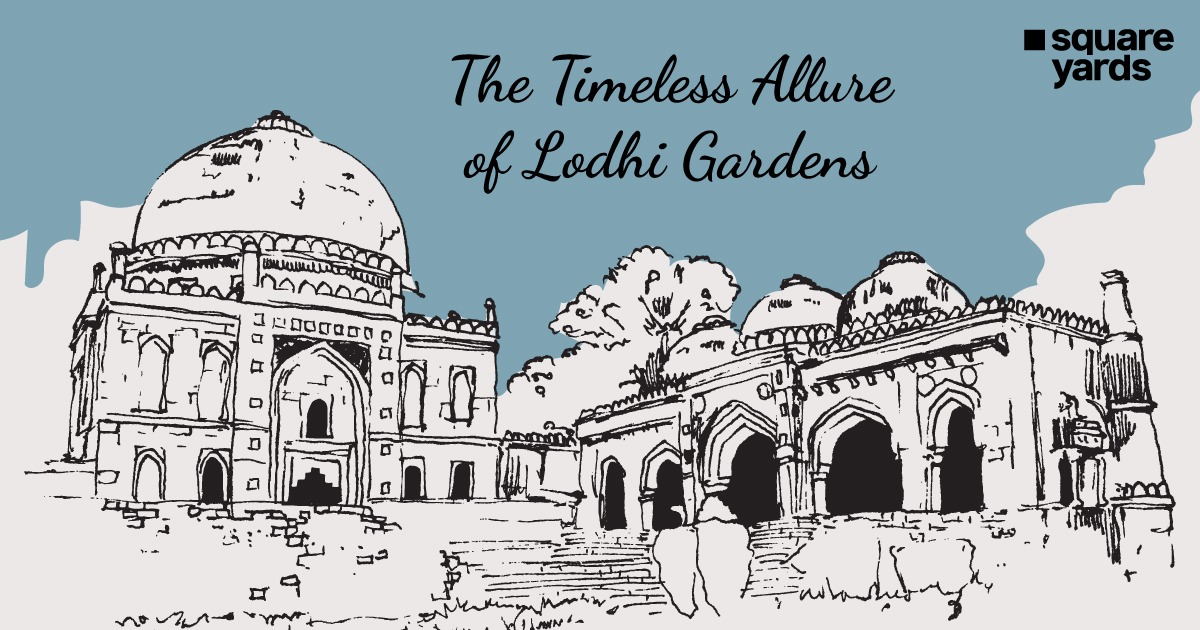The Heritage Transferable Development Rights (TDR) Scheme in Ahmedabad was introduced to preserve the city’s heritage while promoting urban development. However, as the scheme unfolds, many residents find themselves in a precarious situation due to slow progress. The sluggish implementation of the scheme has raised concerns about the impact on the living conditions of affected individuals.
The Plight of Residents in Crumbling Homes
The TDR scheme was designed to strike a balance between preserving Ahmedabad’s cultural legacy and facilitating growth. However, its delayed progress has left some residents in homes that are gradually deteriorating. This has brought to light the need for an efficient and considerate execution of such initiatives. The situation faced by these residents exemplifies the challenges of urban planning. It underscores the importance of proactive measures to address the difficulties arising from heritage-focused schemes. While the preservation efforts are commendable, ensuring the well-being of the city’s inhabitants should also be prioritized in the planning process.
An Urgent Call for Effective Strategies
As Ahmedabad grapples with the complexities of urban development and heritage conservation, the situation calls for a reevaluation of strategies. The slow pace of execution raises questions about the effectiveness of the current approach. It highlights the urgency of finding solutions that not only safeguard the city’s cultural heritage but also ensure the living conditions of its residents are not compromised. Efficient and timely implementation becomes crucial in striking a balance between heritage conservation and the well-being of residents. A harmonious execution of schemes like the Heritage TDR Scheme is essential to create a sustainable and livable city. It requires collaboration between various stakeholders, including the government, urban planners, and residents.
The Way Forward
To address the challenges faced by residents and ensure the success of heritage-focused schemes, proactive steps need to be taken. This can include improved coordination between relevant authorities, providing residents with the necessary support during the transition period, and engaging with affected communities to understand their concerns. Additionally, streamlining the approval process for heritage-related construction and restoration projects can contribute to a more efficient implementation of the TDR scheme. This can reduce delays and provide developers with the necessary incentives to participate. As Ahmedabad strives to preserve its cultural heritage while embracing urban development, it is essential to learn from the challenges encountered during the implementation of the Heritage TDR Scheme. By prioritizing the well-being of residents and fostering a collaborative approach, the city can pave the way for a more successful and sustainable future that preserves its rich heritage for generations to come.










































